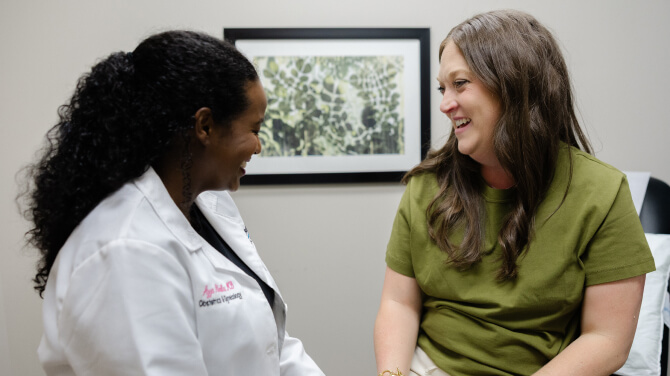Resource Center
All ContentBlogCase StudiesCustomer Success StoriesebooksWebinars
- athenahealth
- February 20, 2026
- 4 min read
Operationalizing full-scale patient engagement
Want improved patient engagement? Read about considerations for full-scale patient engagement.Read moreMore resources

urology
Streamlining operations with self check-in
- 56%increase in digital self check-ins
- 80.4%Reduction in average patient demographic claim holds
- 14.5%Increase in the average month-over-month Patient Portal Payment rate

- Downloadable
athenaInstitute
2026 Physician Sentiment Survey: Healthcare's annual checkup
Hear what 1,000+ physicians are saying about the future of healthcare — technology, AI, care coordination, and beyond.
Read more- Nele Jessel, MD
- March 04, 2026
- 7 min read
thought leadership
Physicians are adapting inside a strained system
AI adoption rises while access concerns grow among physicians. Read the 2026 survey insights.
Read more
- Nele Jessel, MD
- March 04, 2026
- 6 min read
thought leadership
Affordable care access tops physicians’ concerns
Physicians rank access as their top concern. Learn what this means for healthcare’s future.
Read more
urology
Streamlining operations with self check-in
- 56%increase in digital self check-ins
- 80.4%Reduction in average patient demographic claim holds
- 14.5%Increase in the average month-over-month Patient Portal Payment rate

- Downloadable
athenaInstitute
2026 Physician Sentiment Survey: Healthcare's annual checkup
Hear what 1,000+ physicians are saying about the future of healthcare — technology, AI, care coordination, and beyond.
Read more- Nele Jessel, MD
- March 04, 2026
- 7 min read
thought leadership
Physicians are adapting inside a strained system
AI adoption rises while access concerns grow among physicians. Read the 2026 survey insights.
Read more
- Nele Jessel, MD
- March 04, 2026
- 6 min read
thought leadership
Affordable care access tops physicians’ concerns
Physicians rank access as their top concern. Learn what this means for healthcare’s future.
Read more
urology
Streamlining operations with self check-in
- 56%increase in digital self check-ins
- 80.4%Reduction in average patient demographic claim holds
- 14.5%Increase in the average month-over-month Patient Portal Payment rate
Empower your practice

AI powered patient engagement
Learn how AI tools can help improve patient loyalty and outcomes.




